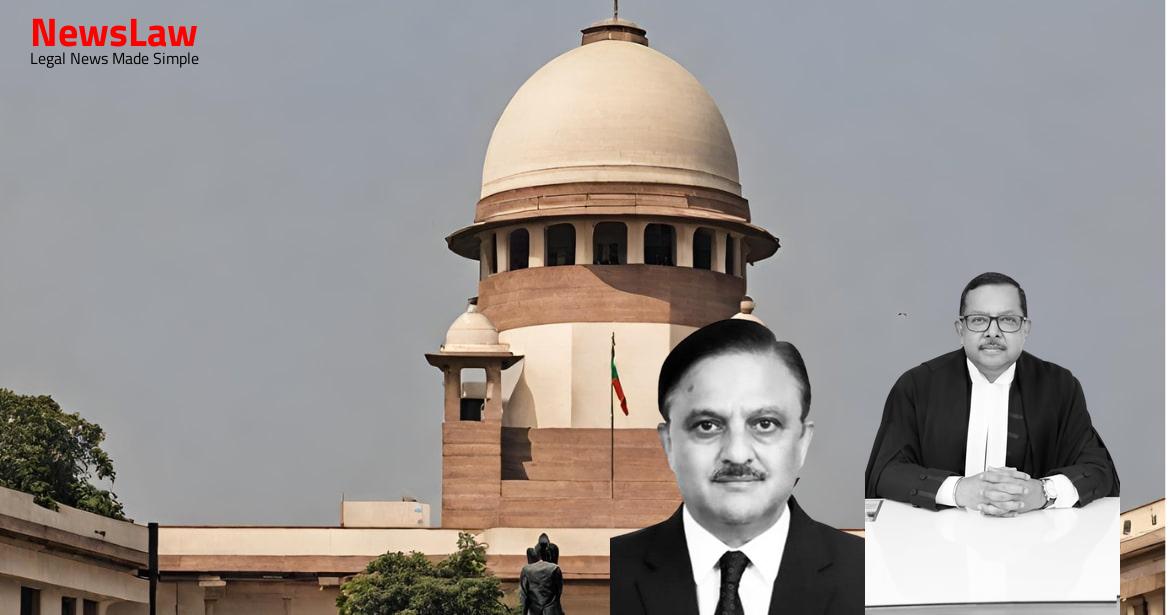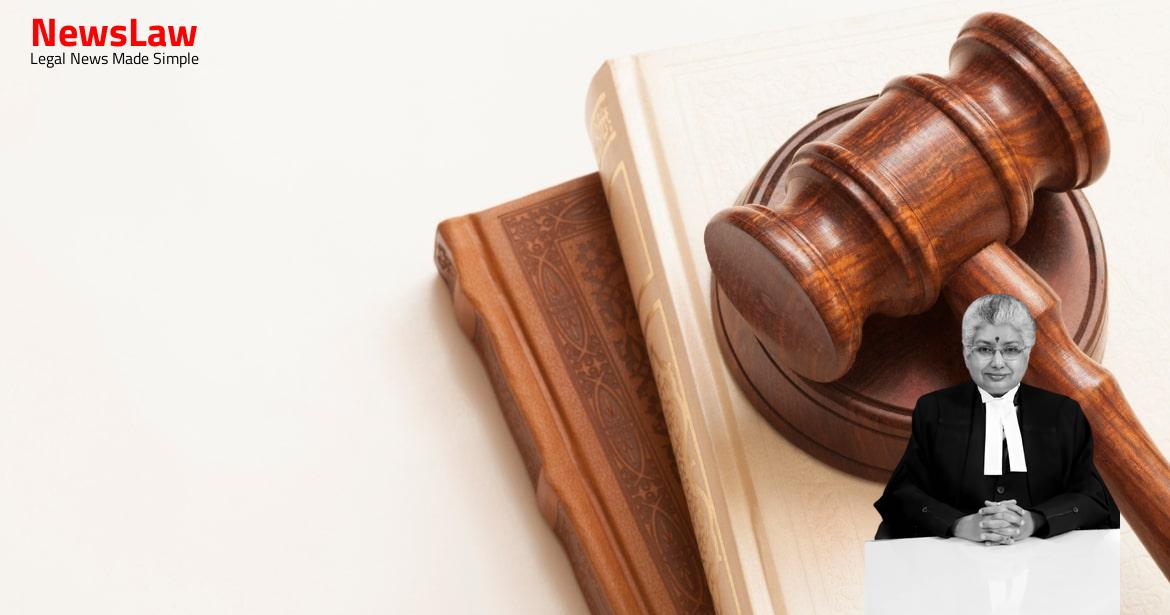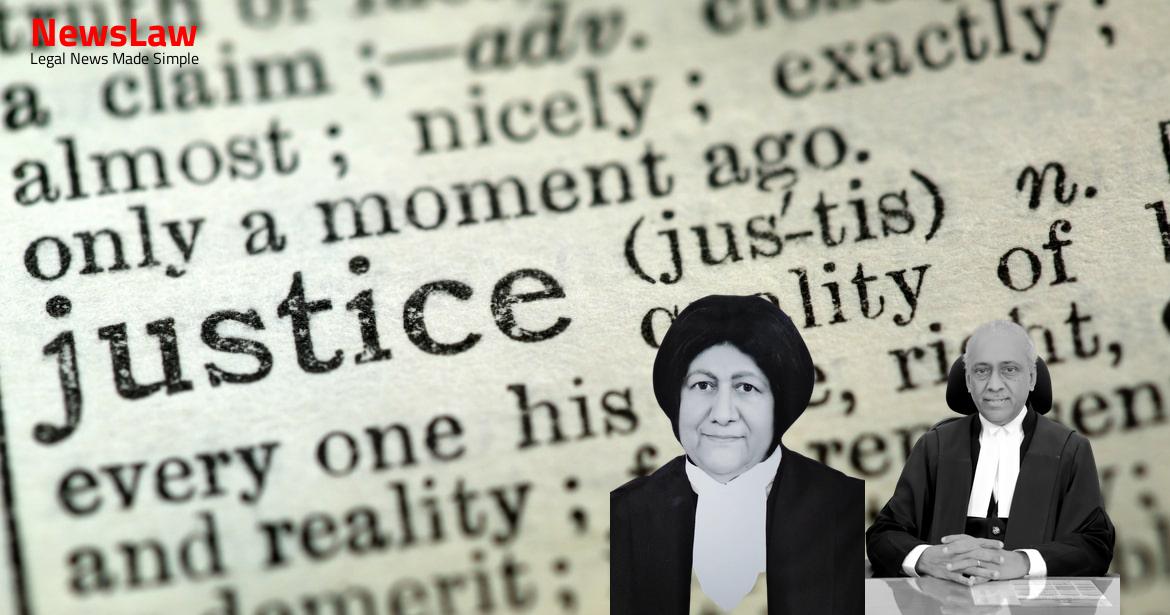In the case of State of Delhi v. Silk Fabric Appellant, a sales tax dispute on silk fabric arose between the State of Delhi and the appellant. The Delhi High Court recently rendered a judgment in this matter, affirming its decision. The case revolves around the imposition of a 12% sales tax on silk fabric, which was later set at 4%. The appellant challenged the assessment order, leading to legal proceedings. The High Court’s view has been supported by the respondent, marking a significant development in tax legislation.
Facts
- The State sales tax on silk fabric was initially increased to 12%.
- Silk Sarees are considered ‘declared goods’ under the ADE Act, making them exempt from State sales tax.
- The Delhi Government attempted to levy a 3% tax on silk fabrics through a notification.
- On 15 January 2000, silk fabric was included in Schedule I of the DST Act.
- By March 31, 2000, silk fabric was moved from Schedule I to Schedule II of the DST Act.
- An assessment order was issued to the appellant on October 31, 2001, for a 12% tax rate for the period of January 15, 2000, to March 31, 2000.
- The appellant challenged the assessment order in the Delhi High Court, but the writ petition was dismissed.
- The sales tax payable on silk fabric was eventually set at 4%.
Also Read: Hanuman Laxman Aroskar v. Union of India: Environmental Protection Case
Arguments
- The learned counsel for the petitioner argued that as per Section 15(1) of the CST Act, the Delhi Government cannot claim sales tax over 4% due to the scheme of the ADE Act.
- He pointed out that under the ADE Act, additional duties are levied on declared goods in place of sales tax, with proceeds distributed among states after deducting funds for Union Territories.
- Referring to Articles 266 and 269 of the Constitution, he emphasized the allocation and distribution of tax proceeds by the Government of India.
- He contended that Delhi was receiving its share of ADE, thus should not levy sales tax on Silk Sarees.
- Citing legal precedents, he argued that no state can levy sales tax when entitled to ADE Act proceeds.
- He highlighted that ADE Act aims for uniform duties nationwide on goods of special importance.
- The counsel stressed that the deletion of ‘silk fabric’ from the CST Act list is irrelevant to the case.
- Therefore, he concluded that the 12% sales tax levy was unlawful as ADE was not applicable to silk fabric, resulting in Delhi Government not receiving any ADE share on it.
- The Delhi High Court’s view is supported by the respondent
- The respondent believes that there is no need for interference in the view taken by the Delhi High Court
Also Read: Sungani Bai vs. Sailesh Joshi Legal Dispute Summary
Analysis
- Section 15(1) of the CST Act during the period in question limited the local sales tax rate on declared goods to not exceed 4%.
- Silk fabric being part of declared goods under Section 14 meant sales tax under the DST Act could not exceed 4%.
- The argument that silk fabric being in Schedule I of the ADE Act disentitled the State Government from levying sales tax is fallacious.
- The ADE Act did not impose additional duty on silk fabric, causing compensation to states for loss of revenue.
- During the relevant period, silk fabric was not in the list under Section 14, allowing sales tax to be levied at a rate exceeding 4%.
- An integrated scheme replaced varied state sales tax rates on certain goods with additional excise duties, compensating states with a portion of the proceeds.
- Despite the ADE Act, states were not barred from levying sales tax as per Article 286 proviso.
- Amendments to the CST Act in 1957 and 1958 listed specific goods for added excise duty and declared goods, impacting the levy of sales tax on silk fabric.
- Changes in numerical order of goods in the 1944 Act and corresponding effects in the 1957 Act were noted.
- Sections 14 and 15 of the CST Act were deleted in 2017, reflecting the evolving nature of tax legislation.
- The CST Act stipulated that sales tax on declared goods should not exceed 2% or be levied at more than one point in a state.
- Article 286 of the Constitution of India imposes restrictions on the legislative powers of the States regarding sales tax.
- Sales Tax Acts in various States were not initially in line with the Constitution, leading to legal disputes.
- The Delhi High Court’s view in M.R. Tobacco Pvt. Ltd. v. Union of India and Ors. was upheld by the High Court.
- The decision in Godfrey Phillips India Ltd. v. State of U.P. stands, unless the Central Government directs otherwise.
- The case of State of Kerala v. Attesee dealt with the interconnection of the CST Act, ADE Act, and State Sales Tax Act.
- Clause (2) of the article since 11-9-1956 authorises Parliament to formulate principles for determining sale or purchase of goods in specific instances
- Clause (3) was amended to restrict State powers to impose sales or purchase tax on declared goods
- The Delhi High Court’s view in the impugned judgment was found to be without error.
- As a result, the appeal was dismissed with no orders for costs.
Also Read: Customs Valuation Dispute: Appellant vs. Adjudicating Authority
Decision
- The RPC (Real Party in Interest) argued that the evidence against them was insufficient.
- The Court analyzed the evidence presented by the RPC and found it lacking in substantial support.
- The RPC’s defense was deemed unconvincing by the Court.
- The Court ruled in favor of the Petitioner based on the lack of credible evidence provided by the RPC.
Case Title: SAREE SANSAR Vs. GOVT. OF NCT OF DELHI (2024 INSC 240)
Case Number: C.A. No.-003774-003774 / 2011



